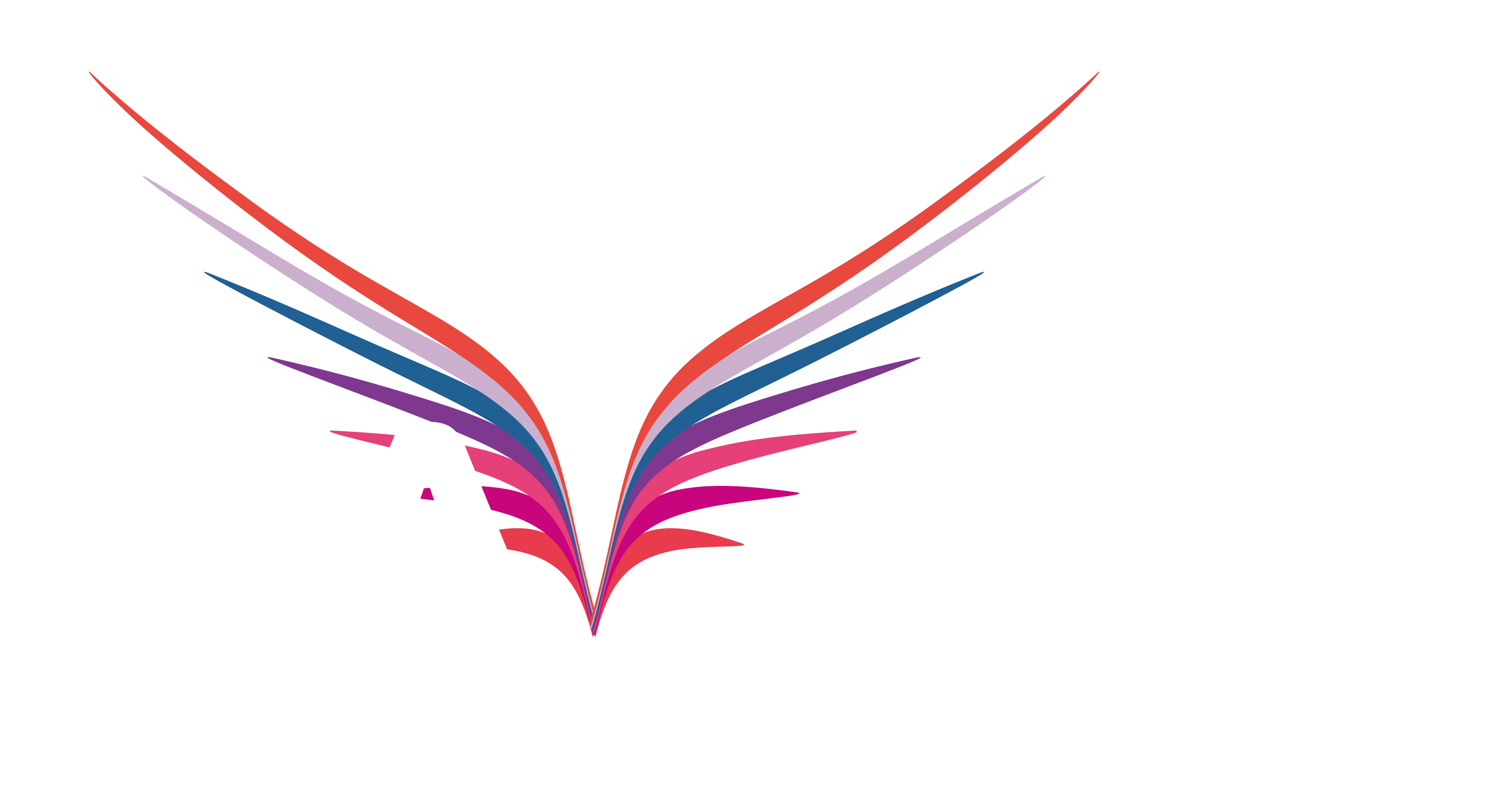With Men’s Health Week later this month (10th – 16th), it seems appropriate to write about an issue that’s difficult to talk about and often overlooked: Male suicide.
Corporate events is an industry in which the male suicide rate is 20% higher than the national average (Office of National Statistics). That alarming statistic deserves far more attention than it’s currently getting.
The entertainment industry’s glitz and glamour have always appealed to some of the best and brightest people. However, for many, darkness lurks just beyond the spotlight. While the industry offers many rewards, it also poses challenges that can diminish that light and progressively harm mental well-being.
Discussions around mental health topics make most people uncomfortable, particularly when the potential consequences of its continued erosion of clear thought are so severe; and it shouldn’t.
We collectively owe it to our colleagues to endeavour to change our industry. We need to break the cycle of avoidance and overcome stigmas that prevent conversations that can lead to profound changes in our lives.
So, with that in mind, let’s start that discussion here and first take a look at what factors are contributing to the high suicide rates in our industry.
Shining the Spotlight on Male Suicide in the Corporate Event Industry
This isn’t just about the pressure to succeed. No, it’s far deeper than that. While the pressure to succeed in a fiercely competitive environment can be immense, there’s also rejection, long hours leading to burnout, horrific diet choices because venues rarely offer anything other than beige food, and many evenings with one too many gins. Then, there’s the “feast or famine” nature of the industry.
COVID was a stark reminder of how vulnerable our finances can be too; sure, shows and events have returned, but many are still trying to pay off the debts they accrued when everything shut down, or they aren’t seeing a return to the numbers they were earning pre-2020. Throw in companies being unwilling to spend until they know when the next general election will happen, and you’ve got the makings of a perfect storm that could easily push people over the edge.
For many men, the traditional notions of masculinity are also a defining factor. Men in entertainment are often expected to project strength and confidence, leading them to hesitate to express vulnerability or seek help for mental health struggles for fear of appearing weak. This is especially tough when you consider that the majority of the people holding all the power in corporate events are cynical, ageing, white men. Thankfully, this is slowly changing to include more cross-culturalism and open-mindedness.
There’s also the matter of gender diversity and neurodiversity. Although attitudes to sexuality and mental health have improved over the past few decades, biases, cliches, and archaic thinking are still prevalent. Sadly, men are still having to hide their struggles with these issues so as not to jeopardise their careers.
Is it any wonder that male suicides in our industry are so high?
A Culture of Silence
This culture of silence, where individuals suffer in isolation and are afraid to reach out, has to change.
In America, initiatives like the National Action Alliance are working within the industry itself to encourage responsible portrayals of suicide in movies, TV shows, and other media. Yes, this may be a fictionalised version of real life, but by fostering open conversations about mental health and highlighting resources for help, entertainment content can play a crucial role in destigmatising suicide and encouraging help-seeking behaviour.
It’s a commendable start.
But what about the entertainers creating this content that are suffering? How can they seek the help they so desperately need?
Changing the Narrative
Tackling this issue requires a multi-pronged approach, and unfortunately, it won’t be solved overnight. Here’s what we can do:
Normalise Openness: Let’s celebrate male celebrities like Tyson Fury, who advocate for mental health awareness. Talking openly about personal struggles can inspire others to seek support.
Promote Work-Life Balance: Because so many people in the corporate event industry work on a freelance basis, they slip through the net of anywhere that might offer any resources or programs. So, while it’s great that corporate events workplaces are now encouraging healthy boundaries and stress management techniques, more needs to be done to help the freelancers in our community.
What we need is a proper community for freelancers to belong to. One where they are championed for what they do, and given the help and support they need as individuals too.
Mental Health Training: Equipping agents, resource managers, and production crew with mental health training can help them identify signs of distress and direct individuals towards appropriate resources.
Peer Support Networks: Creating safe spaces within the industry for men to connect, share experiences, and offer each other support is crucial.
Crisis Hotlines and Resources: Easy access to confidential crisis hotlines and mental health professionals experienced in the specific pressures of the entertainment industry is essential.
Dismantling the Stigma
We need to change the entire narrative surrounding male suicide; it’s about dismantling the stigma around mental health and building a support system that says, “It’s okay to not be okay.” By creating a culture that empowers men in the world of corporate events to seek help and championing those who are brave enough to speak out, we can reverse this appalling trend of male suicide and create an industry that inspires the world for all the right reasons.
Helpful Numbers
If you’re struggling, remember, that reaching out is not a sign of weakness; it’s a sign of strength. Here are some free resources if you need a friendly ear:
Samaritans
Web: https://www.samaritans.org/
Phone: 116 123 (24/7 confidential emotional support)
CALM
Web: https://www.thecalmzone.net/
Phone: 0800 58 58 58 (5pm – midnight)
Mind UK
0300 123 3393
SOS (Silence of Suicide)
Web: https://sossilenceofsuicide.org/
Phone: 0808 115 1505
Wellbeing in the Arts
Web: https://www.wellbeinginthearts.org.uk/useful-links/
Phone: 0330 123 5574

